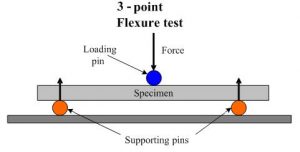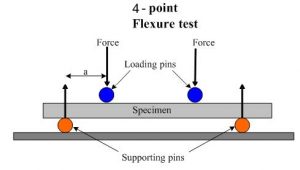Tag Archives: Flexural Test
Flexural or Bend Testing
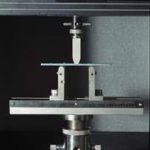 Flexural or bending test measures the bending behavior of beams or beam like samples. In this a rectangular bar type sample is supported on two fulcrum points, while the span will be loaded at one or two points subjecting the sample bending loads. Stress patterns in flex testing are complex unlike in tensile or shear testing. Thus, one half of the beam will be subjected to compressive loading while the other half to tensile loading. Depending on the beam span, shear component may also be present. It is relatively a simple test and does not require a lot of specimen preparation. Typical properties measured are bending of flexural strength, flexural strain to failure, and flexural modulus.
Flexural or bending test measures the bending behavior of beams or beam like samples. In this a rectangular bar type sample is supported on two fulcrum points, while the span will be loaded at one or two points subjecting the sample bending loads. Stress patterns in flex testing are complex unlike in tensile or shear testing. Thus, one half of the beam will be subjected to compressive loading while the other half to tensile loading. Depending on the beam span, shear component may also be present. It is relatively a simple test and does not require a lot of specimen preparation. Typical properties measured are bending of flexural strength, flexural strain to failure, and flexural modulus.
Types of Flex Testing
Two main flex tests, namely three points and four points tests, are available. The choice of test depends on materials. Thus, homogeneous materials like metals, alloys, polymers & glass are tested generally by three-point bending. Non- homogenous materials like ceramics, concretes, ceramic and polymer composites are better tested under four point bending to avoid premature failure due to stress concentration and interlaminar shear.
Sample Type and Preparation
Generally, a rectangular bar type sample is used. Occasionally a cylindrical sample may be used. The stress patterns on cylindrical patterns are lot more complicated than rectangular geometry.
Capability – At TTL, we conduct routinely flexural tests of samples from metals, alloys, ceramic, glass, polymers, composite, and concrete products routinely for aerospace, power generation and Mining markets. Samples as large as 4” long and 12”x12” cross section can be tested at variety of speeds. Most of the flex test are conducted at ambient temperature and pressure conditions. We also have capability to run flexural tests at high temperatures up 1000C (specially for ceramic and refractory materials) and cryogenic temperatures down to – 150C
Typical standards used:
- ASTM C1161-Standard Test Method for Flexural Strength of Advanced Ceramics at Ambient Temperature
- ASTM C393-Standard Test Method for Core Shear Properties of Sandwich Constructions by Beam Flexure
- ASTM D790-Standard Test Methods for Flexural Properties of Unreinforced and Reinforced Plastics and Electrical Insulating Materials
- ASTM D6272- Standard Test Method for Flexural Properties of Unreinforced and Reinforced Plastics and Electrical Insulating Materials by Four-Point Bending
- ASTM D7249- Standard Test Method for Facing Properties of Sandwich Constructions by Long Beam Flexure
- ASTM D7250- Standard Practice for Determining Sandwich Beam Flexural and Shear Stiffness
- ASTM D7264- Standard Test Method for Flexural Properties of Polymer Matrix Composite Materials
- ASTM E290- Standard Test Methods for Bend Testing of Material for Ductility
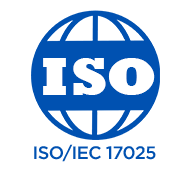
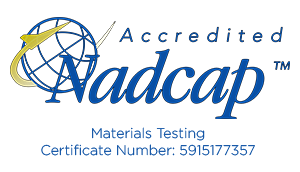
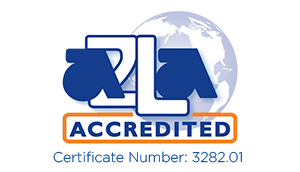
Touchstone is committed to providing its customers with quality, reliable test results. That is why we have undertaken the rigorous steps needed to meet and secure the most stringent of test lab accreditations including ISO/IEC 17025, NADCAP 7101 (Materials Test Lab) and NADCAP 7122-I (Non-Metallics Materials Testing).
© 2024, Touchstone Testing Labs | Design by Wheelhouse Creative

